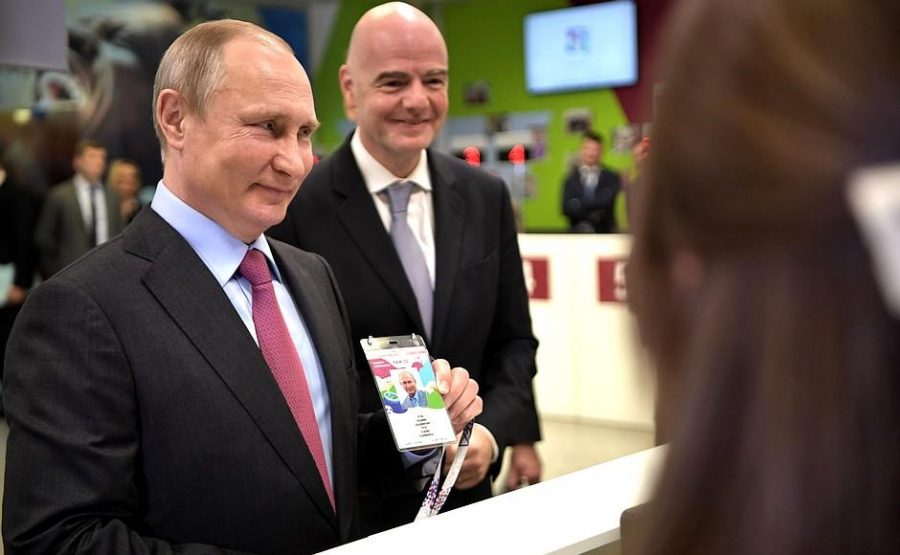Every four years, raucous crowds gather around stadiums and bars around the world to watch an event that’s often deemed to be the acme of sports worldwide: the FIFA World Cup. This spectacle assembles the best nations from six different, specified continental zones where a qualifying tournament is held to decide which soccer squads are best suited to compete in the international competition to determine which nation has the competitive edge in arguably the most ubiquitous sport today. However, while people enjoy the spectacle of the athletic marvels and incredible wizardry of the talents that hail from our diverse globe, they often forget what makes the World Cup so great.
The World Cup is more than soccer. It constitutes a time and place where diverse cultures can share an umbrella in the form of sport — with soccer acting as a medium to bring the world together in times of peace or tumult. The influence of the event itself is almost unparalleled in sports. According to FIFA, nearly 3.2 billion people tuned into the latest World Cup in 2014. Those numbers constituted nearly half of the entire world’s population. It would then seem reasonable to view the World Cup as arguably one of the most spectacular as well as influential events historically as such an enormous viewership literally spans across the world. But, the World Cup is about much more than soccer — it’s often about politics.
Just as Hitler did when Germany hosted the World Cup in 1936, it appears that Russia is slated to use their position as the host of this year’s competition to bolster their image. This comes amidst rumors and speculation about Russia’s spies as well as their tensing relations with Britain — a nation which also happens to have one of the most formidable football teams in the world. This platform would thence provide Putin the opportunity to better portray Russia favorably in order to garner public and international support, and this would consequently serve as a major political tool. Cases of such politics in the World Cup are regularly occurring, particularly due to the far-reaching viewership of the competition.
Due to how global the Cup is, viewers are often forced to watch it on their computers or television. This allows room for media manipulation and propaganda which can be easily and subtly spread in Russia’s broadcasts. That, combined with the international media deals tasked with broadcasting the event worldwide, will allow Russia to benefit financially. This only hints at the surface of the event’s politics.
The participating countries are also strongly influenced, particularly pertaining to stereotypes and nationalism — with nationalism often converting into chauvinism and fair-sport turning violent. Such has become increasingly evident in international sports today, further delineating the politics of the event, as these violent actions often stem from the said excessive chauvinism as well as occasional contempt for other nations that may originate from historical conflicts. This would lead to political tumult domestically from the sport, with support turning into rebellion, as we have already witnessed in a myriad of locations across Europe since the inception of the event. These are but a few forms that politics manifest in the world’s globalized sporting event. Thus, with so many different forms of politics evident at the World Cup, it will be interesting to see how the various political ideologies manifest in this year’s event.


